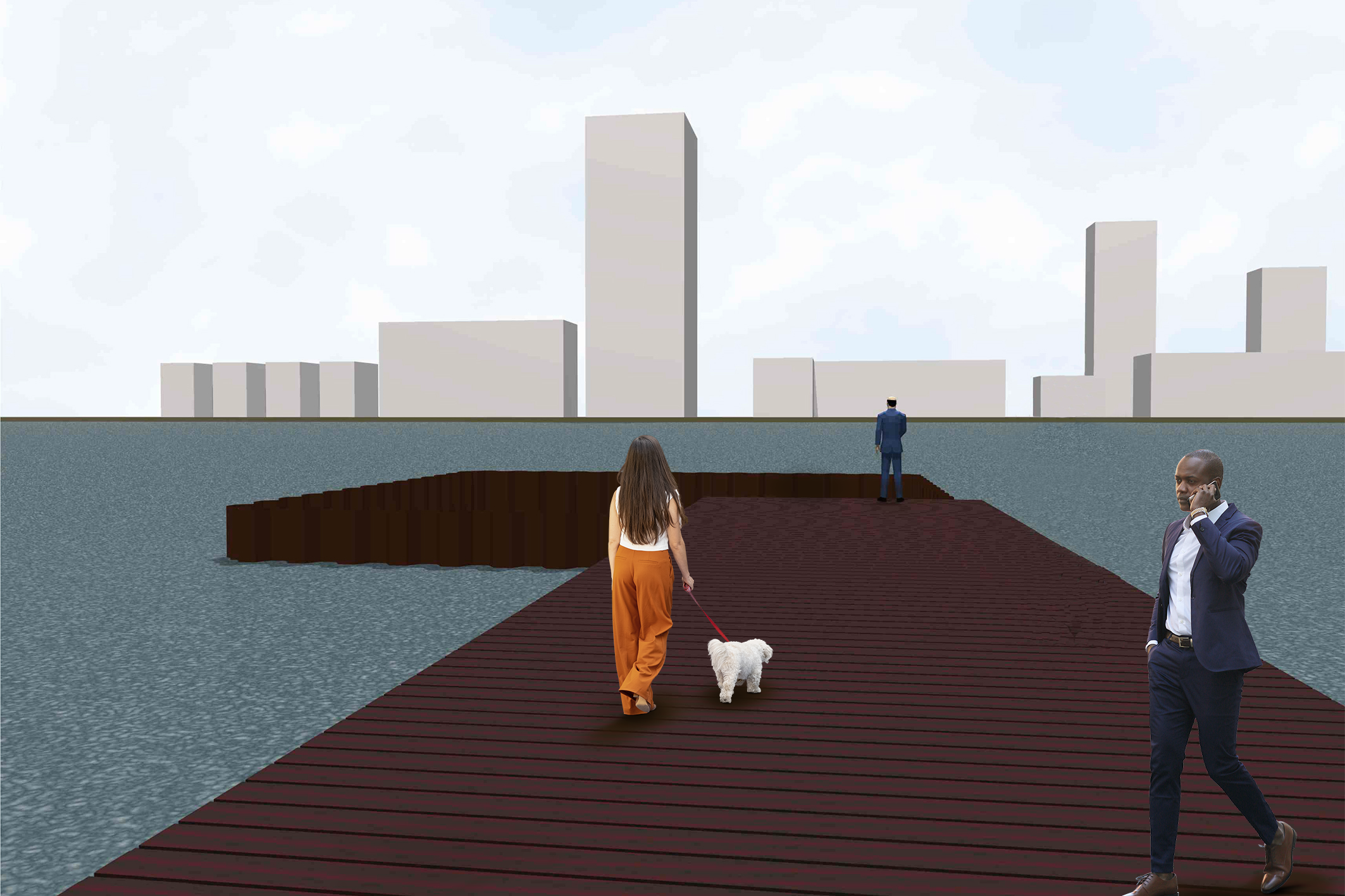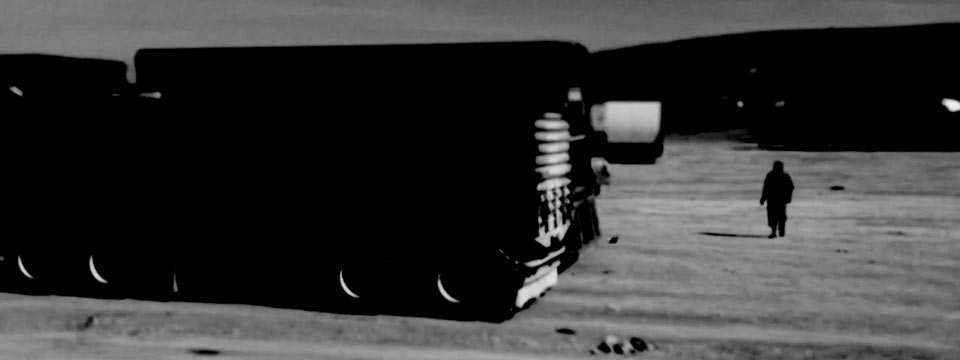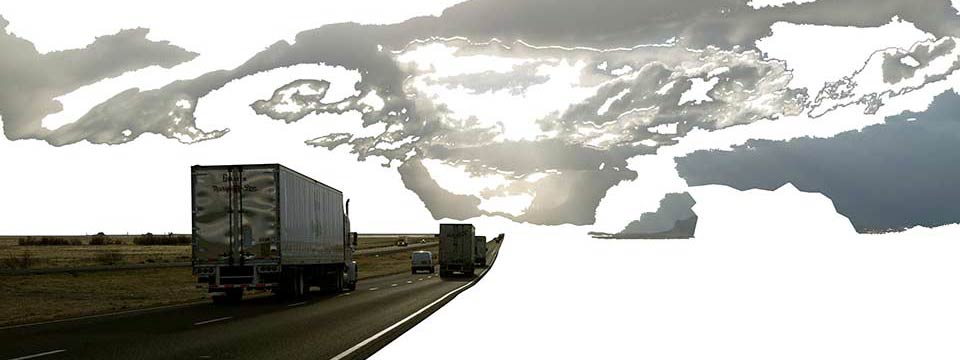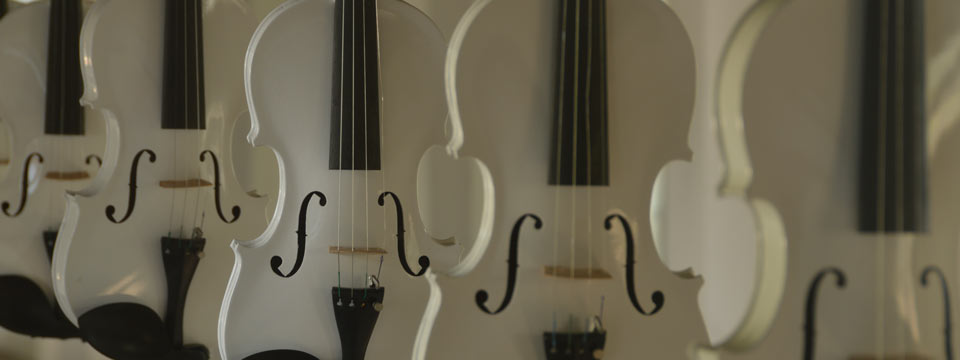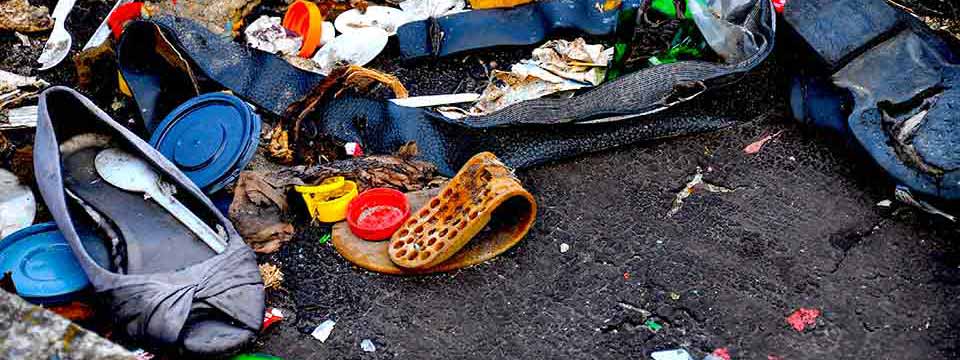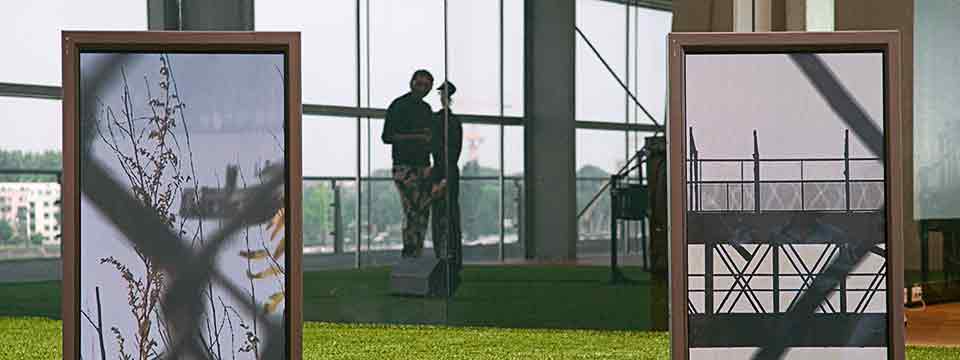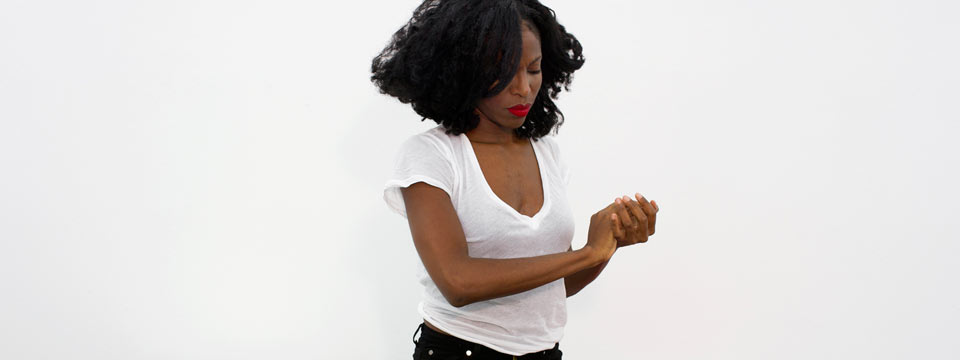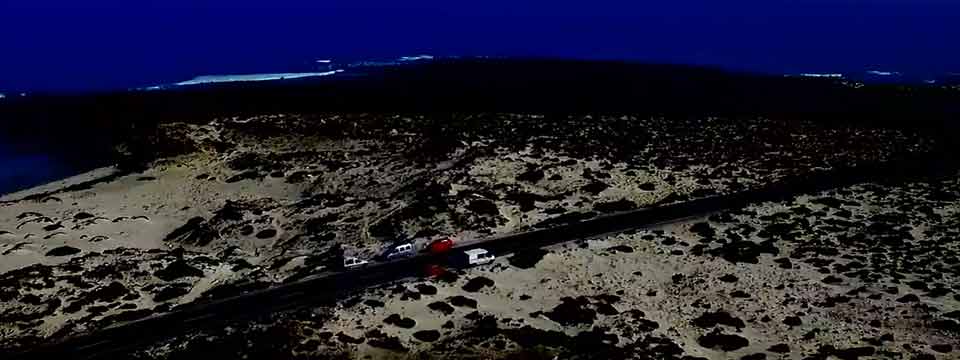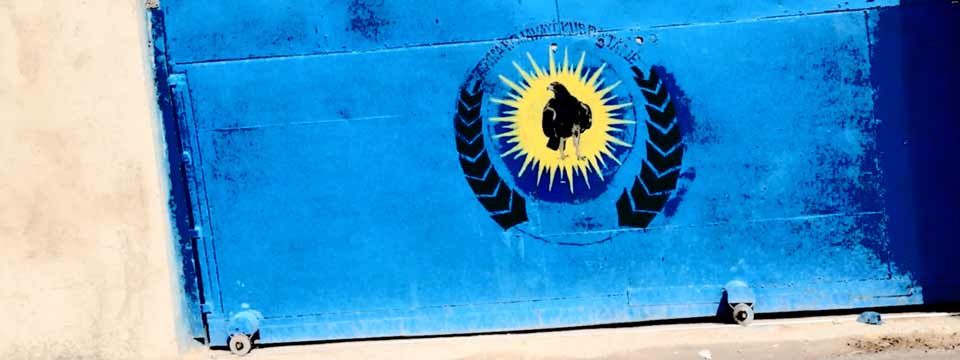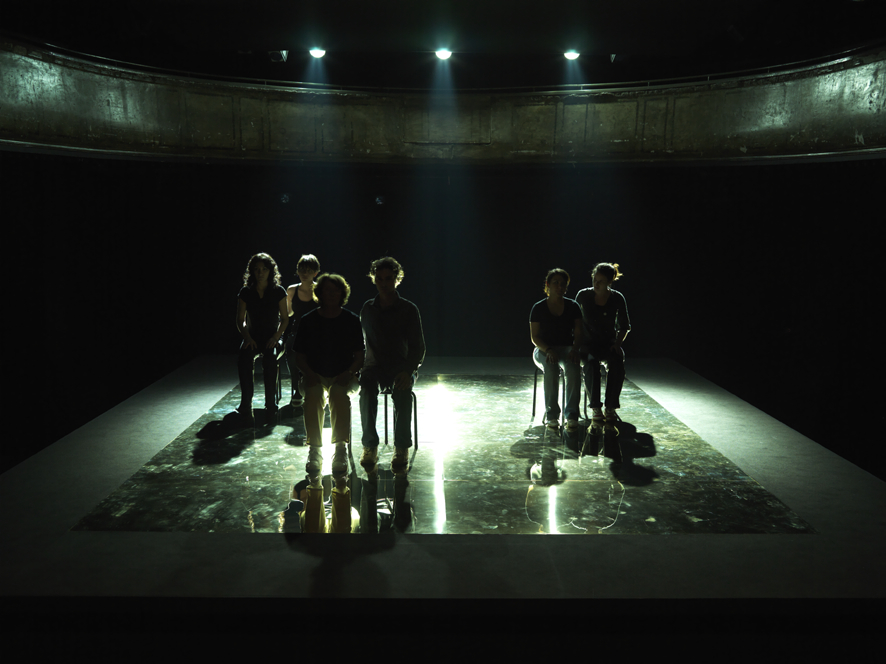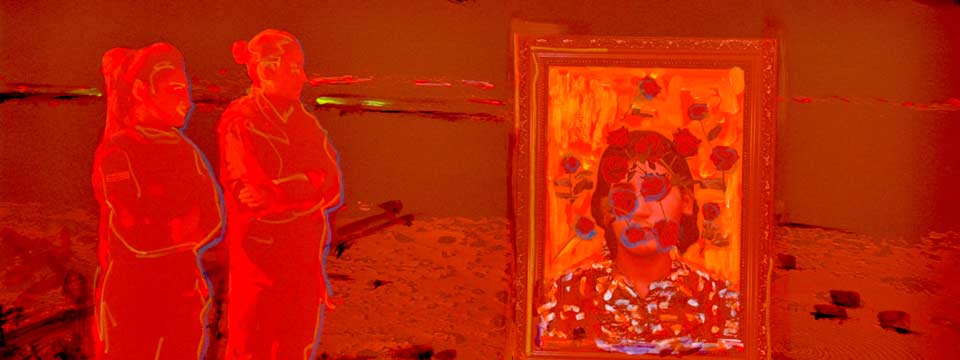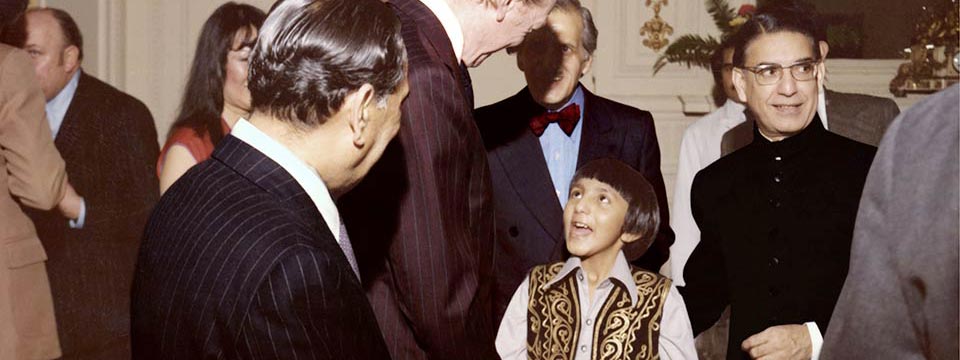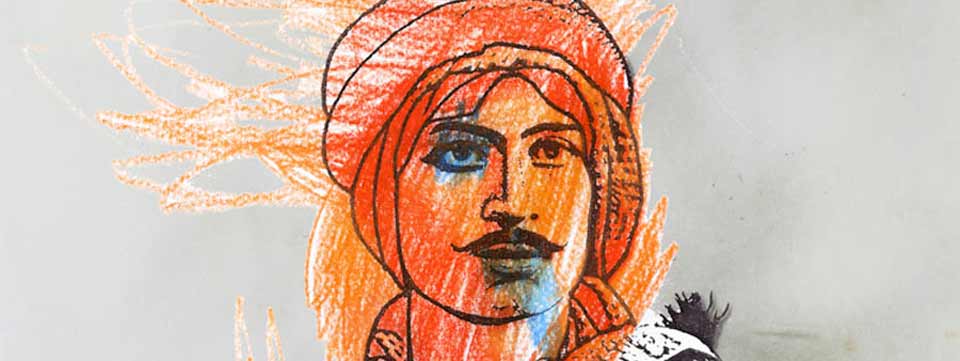UTIOPIA 1: Imagining Again
by Ibrahim Quraishi
Since, today’s democracies are exclusively based on both neo-liberal and neo-national ideologies and offer us an extremely problematic relationship to how to approach the conventional notions of social space. As can be explained that the obvious manifestations of these ideologies work perfectly in symbioses in covering each other’s undemocratic tendencies and even strengthening them.
I believe that the 20th century was characterized by certain aspirations of freedom when it comes to the struggle of art and evolution of social space. Here within the 20th century the arts battled the three main corner stones of their respective nation state formulation, from the Church to the State Apparatus machinery through the market forces of the bourgeoisie in order to no longer be subservient of the socio-political and even religious modalities inside the larger social sphere, as a result of human and ideological horrors committed in the name of politics during WWII and the political praxis, claimed by most art forms as ready-mades propaganda tools for National Socialism in the German context and the unquestionable enslaved commitment to Stalin’s cult of personality in the former USSR, of the so-called Communist context. It became morally abhorrent and even impossible for Art to take an ideological position inside the evolving social space in our post WWII evolving realities. The obvious answer and response to this problematic was clear, “better NOT to engage with politics as a vehicle for artistic expression then be on the wrong side of the political spectrum.” i.e.: the danger of being a propagandist again was far too traumatic after all that had happened.
Furthermore, I believe that any art that does not dare to even risk to contextualizing itself within a larger playing field of its own socio-political sphere is definitely in danger of becoming mere entertainment, like a token circus bonanza for an un-adulterated consumption powered by the market forces and their cooperate bosses. Thus, A generic art-form in this light, produces a generic politics gone totally wild. A politics that is rapidly replaced from the possibility of any social or civic evolution and responsibility, to one that exclusively upholds the material values of the market forces themselves and the adoration of its greedy cooperate executives. The danger of this is self-evident in our current neo-liberal societies. One does not have to look very hard to see and witness the socio-economic divide and where the current modalities of art positions itself.
On the other hand, and well strangely enough, our current notions, ideas and ideals on democracy remain ideal; not utopic but an ideal that has been achieved through certain degrees on different levels in different time, playing fields, places and contextual frames and perhaps will be achieved again. But, in the current discourse, I would argue that it is not even possible to find a democracy even that is close to the weakest definition of perfection. More specifically I am referring to our European democracies which showed their imperfect faces when confronted with the masses of refugees in most recent memory. Similar, to the conditions that created the current onslaught of refugees, how they are welcomed or not, also speaks volumes to the social space dynamic and its general perception within our democracy problem. Complex as the problem of the arriving refugees is, one thing becomes evident, that through the refugees we understand that democracy and the social democratic values imbedded in the EU should be considered as a global concept, a global ideal. This ideal is under such immense threat in a world that is hyper connected in every means; not only by communication technologies but more dangerously by the rapid fire of the neo-liberal politics, neo-pop fascist parties who are cleverly using the technological realm of mass communication to create their own mass brand of a social sphere, social space that is rapidly and exclusively inculcating various degrees of hate and oppressive mechanisms in the name ideological freedom, ideological purity through modern means rooted in age old notions of identity, race, politics and the promulgation of neo-liberal and neo-nationalist ideologies akin to the yesteryears of pre-World War II as a safety net.
Current examples, such as expulsion and repatriation of those so-called economic migrants from diverse parts of Africa & Asia or to the registration of Muslims and even the threat of implementation of an undefined ban on refugees entering the West or in the most current case of The Netherlands, wanting to make Islam an illegal religion officially to even deporting so called Mexicans rapists or criminals as so proudly proclaimed by the newly elected President Donald J. Trump of the “Greatest nation on Earth” cynicism aside, given the ugly embrace of mysoginist’s in our current political spectrum and the numerous un-accounted cases of race baiting, politicians across the United States and much of the Western World are even raising the specter of deportation of legal migrants hooligans/criminals inside the West to their supposed Native lands, even though those so-called migrant hooligans have indeed been born in the very so-called democratic Western countries that wishes to use them as a political pawn to subvert a real social dialogue.
I believe, art must have a certain social significance today. For the freedoms we have attained in the last century, we must serve within an open ideological position based on the freedom of thought, movement and expression without the hindrance of political or ideological blackmail and the imposition of the market forces. Only then through pro-active engagement, can we further the fondament’s of our democracies and avert the dangers of our newer form of totalitarianism inside the current democratic process. And it is here that through a conscious artistic engagement, we may perhaps arrive at a fresher and a more vibrant expressive language than the one currently reserved and at service for the privilege few.
Finally, with Utopia 1, we intend to create an intensive and pro-active research to launch an integrated ecological and artistic mode of expression to re-conceive, redefine and re-built the means of contemporary artistic space with the studying methods of traditional practices on how politics and environments are constructed and how they evolve as a laboratory and engine for the development of alternative forms of expressions inside a social space. Though vastly different in content, we are deeply interested to share different strategies that turn the empty into open-as places for building, sharing, remembering, regenerating and re-configuring in our regards to the natural and the constructed environment as a whole. This experiment is about imagining a social space in real time in a given space to ignite a fire for more inclusive dialogue and a more independent understanding of how we can contribute to fresher ideas on the environmental as well as the social fronts in all their complexities and diversities.
⤴ top
